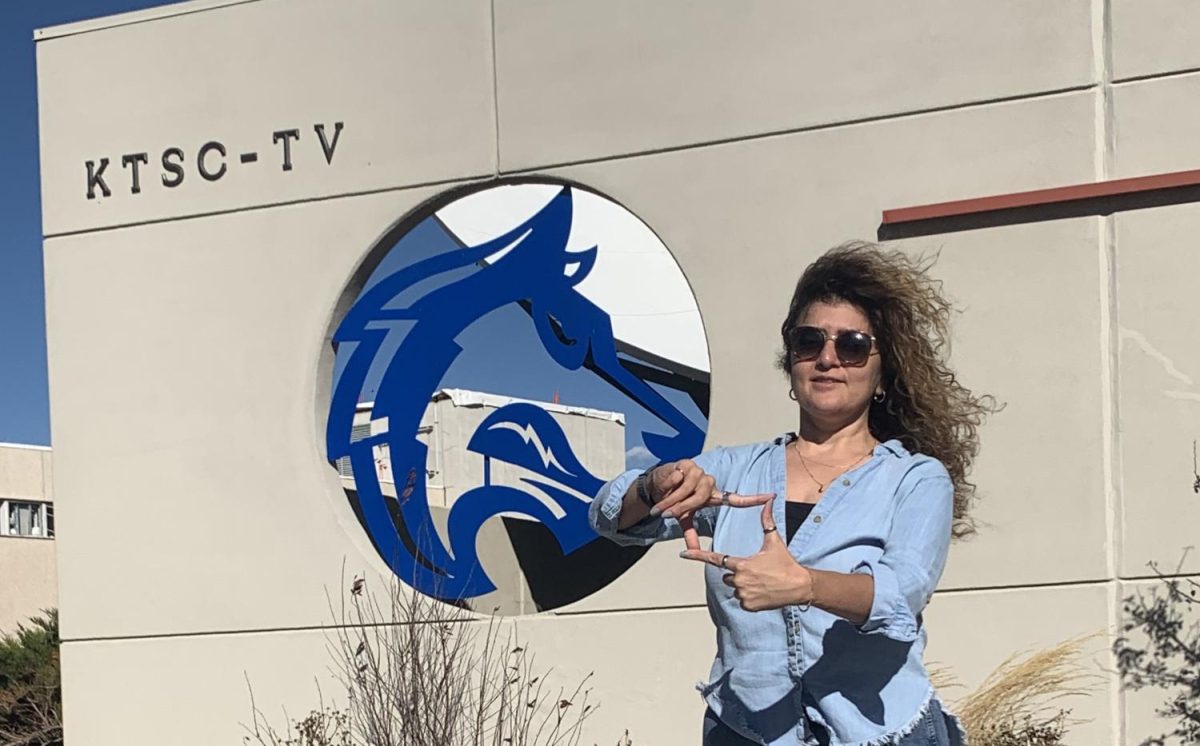 There may be a silver lining to rising energy costs for higher education in Colorado.
There may be a silver lining to rising energy costs for higher education in Colorado.
Climbing oil and gas prices are fueling an expansion in domestic oil and gas production, which means more revenue for the state and federal government.
This month Colorado Gov. Bill Ritter and Colorado Sens. Gail Schwartz, D-Snowmass Village, and Josh Penry, R-Fruita, introduced a bipartisan measure that could funnel as much as $1 billion into state higher education coffers from new oil and gas exploration revenue in coming years.
“The governor, I think, is determined to preserve higher-ed funding as a priority, and I think the Legislature is as well,” Department of Higher Education Director David Skaggs said according to The Gazette of Colorado Springs.
The revenue would come from the 12.5 percent tax energy producers pay to the federal government, which returns 6.25 percent to Colorado. Oil and gas producers also pay a one-time bonus fee to drill on public land.
Those monies are divided between grants to communities impacted by oil and gas development and a savings account for kindergarten through 12th grade schools.
The Schwartz-Penry bill would not change that formula.
Approximately half of the expected increases in revenue, particularly from new exploration along the Western Slope, would go to the state’s colleges and universities. The rest would go back to help local communities.
Currently, higher education in Colorado receives no money from federal mineral lease payments.
Schwartz, a former University of Colorado regent, said the funds will help to replace the more than $85 million cut from higher education budgets since 2003. The monies will specifically be used for capital building projects and daily operating expenses.
Future plans to remodel or replace the Psychology Building and library here at Colorado State University- Pueblo could potentially receive funding from this measure if passed.
Colorado is currently ranked 49th in funding higher education among the states according to U.S. Department of Education figures.
State Rep. Bernie Buescher, D-Grand Junction, and Rep. David Balmer, R-Centennial, will introduce the bill in the House.
Buescher said other Western states like New Mexico and Wyoming have taken advantage of the energy boom by squirreling away monies to cover budgetary shortfalls during hard times.
In the mean time state lawmakers are still scrambling to cut approximately $20 million from next year’s proposed $17.6 billion budget to create a fund to help offset higher education budget shortfalls until the new revenue starts rolling in. Senate President Peter Groff, D-Denver, supports the measure.
“I think it’s the right thing to do,” Groff said in an AP article. He did not indicated where those monies would come from however.
A GOP proposal to cut $15 from the budget to create the fund was scrapped after it meet opposition from the governor’s office.
The AP reports that Ritter spokesman Evan Dreyer said Ritter is anxious about cutbacks due to the condition of the economy, however the Republicans’ proposed cuts would have reduced funding for health care, education ,public safety, renewable energy and prisons.
The bipartisan measure introduced April 3 aimed at creating a stable “rainy day fund” for higher education while expanding support in local communities where the oil and gas production occurs, will better serve to people of Colorado over time than “those bad ideas” in the now defunct GOP proposal Dreyer said.
The proposed cuts included trimming $1 million from a $2 million subsidy program for homeowners who install $25,000 solar panels and $1 million in funding for private prisons.








Joe G. • Apr 24, 2008 at 9:40 pm
Thanks for covering this important, albeit confusing, topic. This could make a real difference to CSU-Pueblo.